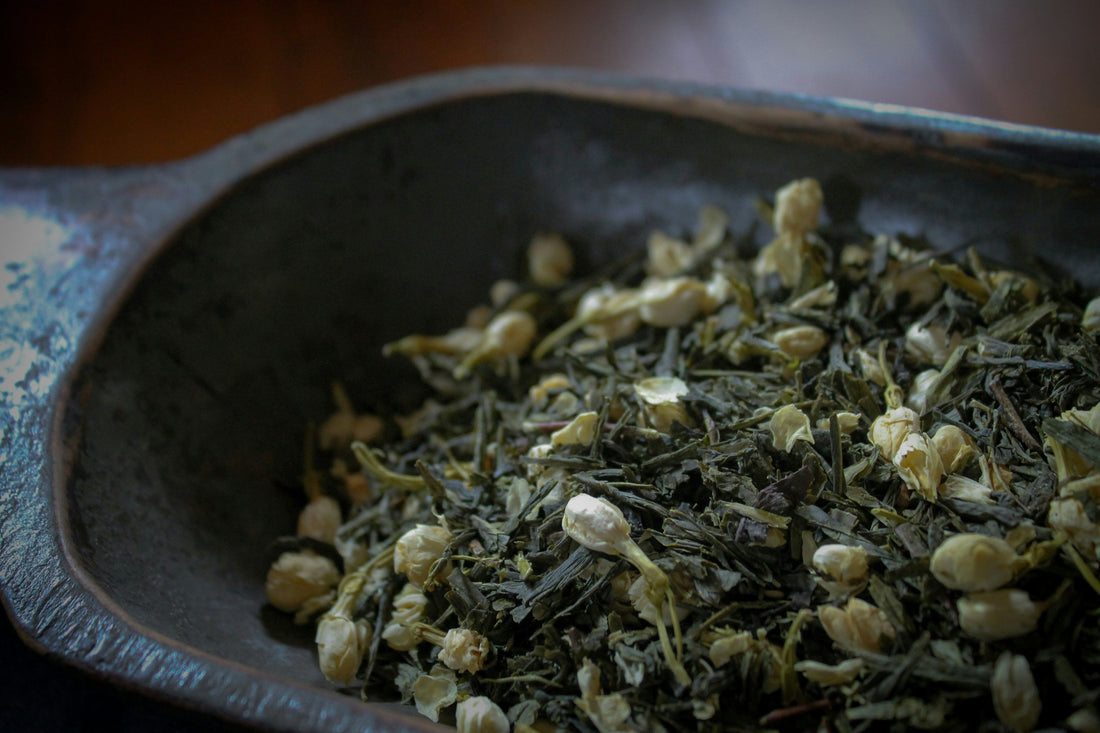What are probiotics?
Probiotics are live microorganisms that offer potential health benefits when consumed, especially for the gut and gut microbiome. You can find probiotics in fermented foods such as yogurt and sauerkraut.
Although we typically view bacteria as germs or harmful, probiotics are beneficial bacteria that can improve our immunity.
Why probiotics are good for you
Probiotics may positively influence our bodies' immune response and help maintain a healthy community of microorganisms within the gut.
Probiotics exist in food and supplement forms, which can help support the bacteria that live inside the gut, especially when challenged by antibiotics, poor diet, stress or travelling.
Studies have indicated that these healthy bacteria may have a role in improving symptoms and reducing the risk of different diseases.
Areas that they may assist include:
• Reducing antibiotics-associated diarrhoea
• Prevent and treat vaginal infections
• Managing weight
• Reducing psychological distress
• Improving constipation
• Improving depression
• Reducing abdominal pain in Irritable Bowel Syndrome
• Improving cognitive function
• Alleviating symptoms of a cold
• Improving gut health after taking antibiotics
Which is the best probiotic to choose?
There are billions of strains of these healthy bacteria, all linked to improving different diseases or symptoms and there is no best probiotic. Probiotics fall into other groups, compromising various specifies, with each species having many strains. The two most common groups include Lactobacillus and Bifidobacterium. When choosing a supplement, it is essential to find a product containing a strain that has demonstrated the health benefit you seek.
Lactobacillus acidophilus is a strain from the Lactobacillus family. Studies have shown this particular strain to reduce LDL or "harmful cholesterol levels, reduce diarrhoea, and improve bloating in people with Irritable Bowel Syndrome.
Bifidobacterium lactis, from the Bifidobacterium family, has been linked with improving the immune system and improving glucose tolerance increasing gut transit time.
What foods have probiotics?
Probiotics are found both in fermented foods and in dietary supplement forms. Consuming these foods is beneficial in improving gut microbiota. Research has shown the composition of the microbiota can change within 24 hours of changing the diet.
Foods rich in probiotics include:
• Tempeh
• Kefir
• Sauerkraut
• Kombucha
• Sourdough bread
• Miso soup
• Yoghurt
Are probiotics safe?
Research into probiotics and gut health is still emerging, and their exact effectiveness and impact still need to be fully understood. Probiotics are considered safe for most people, including children and pregnant women.
However, the bacteria are often grown using milk protein, and individuals with milk allergies should be wary of supplements as they may contain milk products. If you have a health condition or disease, you must speak to your doctor before commencing a supplement.
What is the gut microbiota?
The complex network of live bacteria, cells and nutrients that reside within the gut is known as the gut microbiota. The gut microbiota is found in the large intestine and is unique to each person.
Why is the gut microbiota important?
The gut microbiota is often referred to as the "forgotten organ" as it resembles similar metabolic activities that other organs conduct. It is becoming increasingly recognised that having a healthy gut microbiota is essential for optimal health and reducing the risk of disease.
Probiotics support the gut microbiota and whole-body health in a variety of ways. When these healthy bacteria feed on and ferment fibre in the gut, this produces short-chain fatty acids like butyrate, propionate and acetate, in turn, providing energy and food for cells in the lower digestive tract.
Probiotics can also assist in building up the mucosal lining of the digestive tract, helping to defend the body against toxins and pathogens. They are also involved in nutrient absorption and synthesising vitamin K and B vitamins. Probiotics also help minimise the growth of harmful bacteria by competing with them and lowering gut acidity.
The gut microbiota is highly responsive to diet, and studies show that poorly balanced gut microbiota is linked to numerous diseases.
Tips to maintain a healthy gut
Studies suggest that a poorly balanced gut, known as dysbiosis, can increase the levels of harmful bacteria and increase the antagonistic activities of gut bacteria. To maintain optimal gut microbiota, consuming a range of probiotics and prebiotics each day through food or supplementing is essential.
Find out more about other areas that the above supplements can help you with:
Zinc | Probiotics SB | Daily Probiotics | Curcumin
Click here to take our quiz and let us help you find the right vitamins for your health goals, lifestyle and diet. It's time to feel good like you should!
*Always read the label. Follow the directions for use. If symptoms persist, talk to your health professional. Vitamin and/or mineral supplements should not replace a balanced diet.






